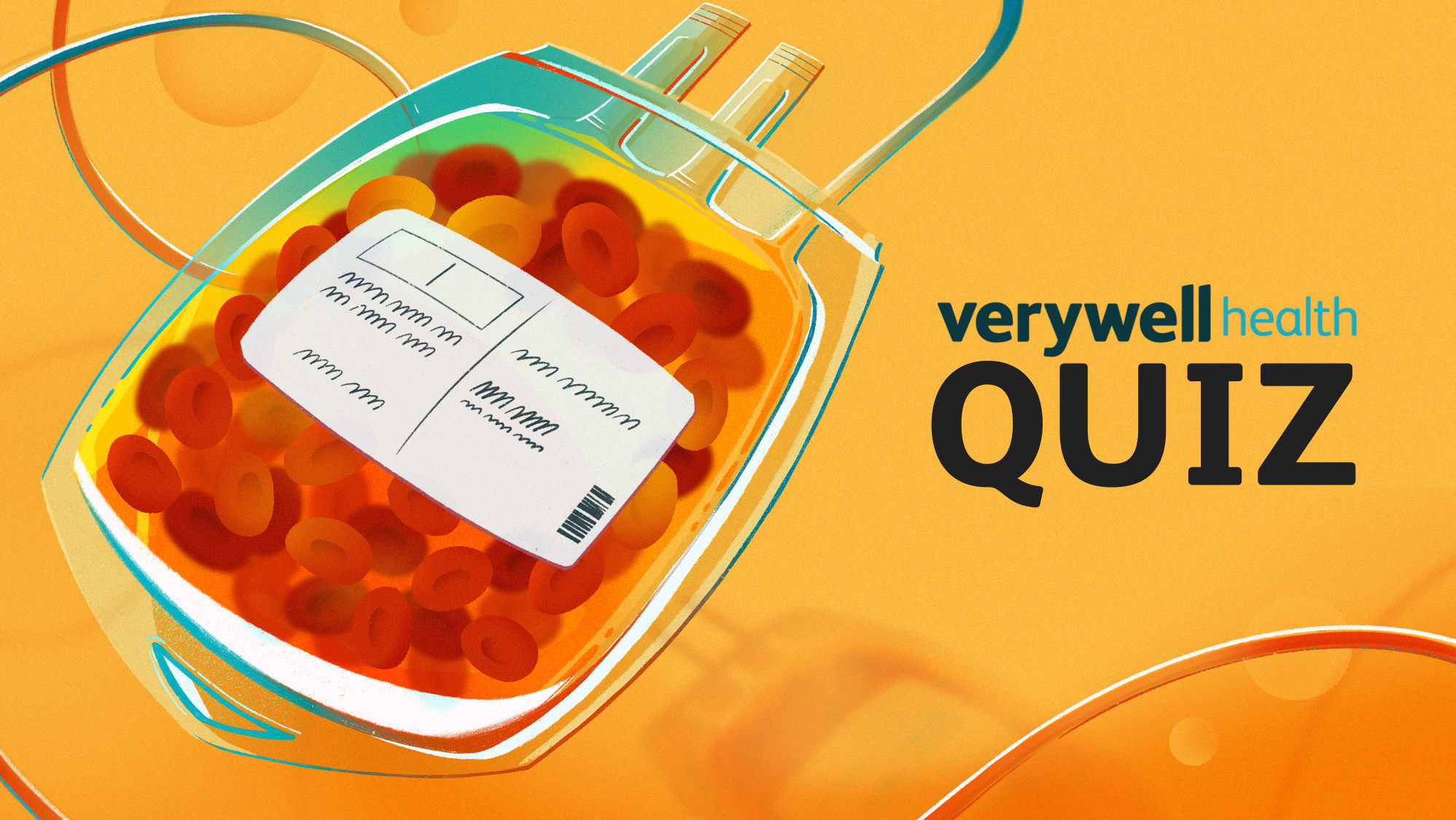Are You Eligible to Donate Blood?
Did you know that someone needs a blood transfusion every two seconds in the U.S.? If you give blood, your donation could save up to three people’s lives. Take this quick quiz to find out if you’re eligible to donate, and check out the link at the end to find out how to locate a blood drive near you.

How are you feeling in general? How’s your health?
How old are you? Do you weigh at least 110 pounds (50 kg)?
Have you given blood in the last eight weeks (56 days)?
Did you get a new tattoo or piercing less than three months ago in a state* that does NOT regulate tattoo facilities?
*Washington DC, Georgia, Idaho, Maryland, Massachusetts, New Hampshire, New York, Pennsylvania, Utah, and Wyoming
Have you traveled outside the U.S. or Canada recently?
You can probably donate blood.
You meet the basic eligibility requirements set by the American Red Cross to give blood, but you’ll still need to check with your local donation center.
Some states have specific requirements for blood donors that cover things like travel and lifestyle. You’ll also be asked about body modification (tattoos and piercings,) travel history, sexual activities, and medications.
This quiz is not meant to be a diagnostic tool or replace the support of a credentialed mental health professional, such as your primary care provider.
You may not be able to donate blood.
You may not meet the basic eligibility requirements set by the American Red Cross to give blood. Your best bet is to check with your local donation center to find out if you’re close to being eligible.
Some states have specific requirements for blood donors that cover things like travel and lifestyle. You’ll also be asked about body modification (tattoos and piercings,) travel history, sexual activities, and medications.
This quiz is not meant to be a diagnostic tool or replace the support of a credentialed mental health professional, such as your primary care provider.
You probably can't donate blood.
You didn't meet the basic eligibility requirements set by the American Red Cross to give blood, so you probably can’t donate blood. But you should still check with your local donation center, as you might become eligible to donate in the future.
Some states have specific requirements for blood donors that cover things like travel and lifestyle. You’ll also be asked about body modification (tattoos and piercings,) travel history, sexual activities, and medications.
This quiz is not meant to be a diagnostic tool or replace the support of a credentialed mental health professional, such as your primary care provider.